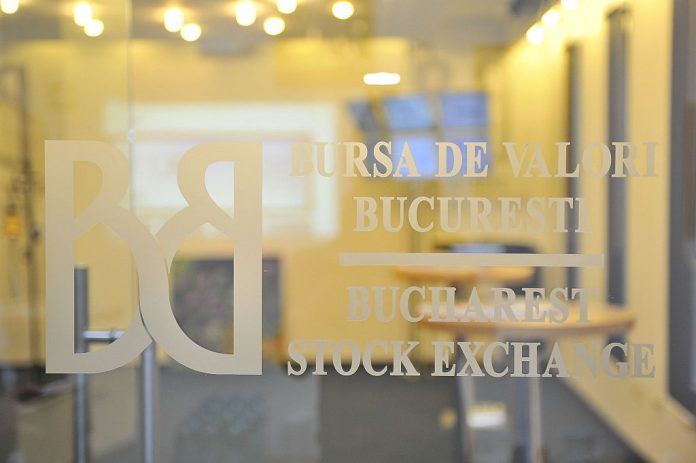To keep Romania’s budget deficit below 3% of gross domestic product (GDP), the leftist government on December 18 announced new taxes targeting banks and energy companies. The news triggered a heavy selloff on the local stock market on December 19 that dropped more than 10%.
The announcement hit hard the Bucharest stock exchange (BVB) where shares in the country’s two biggest banks, Banca Transilvania and BRD Groupe Societe Generale, fell by 18% and 16%, respectively.
As reported by the Agence France-Presse (AFP), local media immediately dubbed the stock exchange meltdown “Black Wednesday”, while the stock exchange said it was “worried” by the new taxes which it said threatened the development of a domestic capital market.
One of the fastest growing economies in the European Union, Romania is running out of money after raising public sector wages and pensions and cutting taxes.
According to AFP, key measures to replenish public finances include a progressive tax on banking assets indexed on interest rates that is to add up to €800m euros to the state’s coffers per year.
Energy and telecommunications companies will have to pay a 3% tax on turnover, while contributions to private pension funds will become optional, a move to channel more savings to state funds.
Wikimedia Commons/CC BY-SA 4.0

The announcement of the new tax hit hard the Bucharest stock exchange (BVB).
